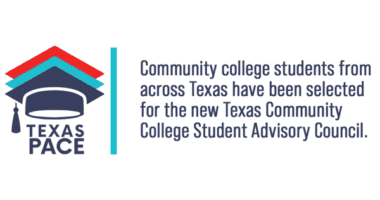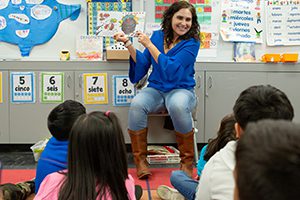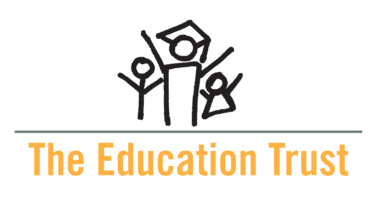Ed Trust Names Keith Dysarz Director of K-12 Practice
WASHINGTON (September 17, 2015) – The Education Trust is thrilled to announce Keith Dysarz as its Director of K-12 Practice. Keith brings tremendous experience working in classrooms and at the school district level to improve the educational opportunities of underserved children. At Ed Trust, he will use lessons learned from classrooms, schools, and districts across the country to inform our advocacy work and to help us develop policies that will have a positive impact on the students we serve.
Before coming to Ed Trust, Keith worked for Baltimore City Public Schools for 13 years, most recently as the special assistant to the chief academic officer. In this role, he helped manage, monitor, and support the academic efforts of Baltimore City Schools. Keith also spent two years as the director of teacher effectiveness and Common Core implementation. During that time, he oversaw development and training on the quality of standards that defined excellence in teaching for the district. Keith coordinated Baltimore City School’s transition to the Common Core State Standards.
Prior to those positions, he was the coordinator of curriculum and assessments for the district, but began his career in Baltimore as an elementary mathematics teacher.
“We are honored to have Keith lead our initiatives to bring state-, district-, and school-level leaders the tools needed to close the gaps in both achievement and opportunity,” said Sonja Brookins Santelises, Ed Trust Vice President of K-12 Policy and Practice. “With his vast knowledge of school-level issues, Keith is poised to help school leaders and teachers think about strategies to help all children reach their highest potential.”
A native of Michigan, Keith holds a master’s degree in teaching from Johns Hopkins University, and a bachelor’s degree in psychology from the University of Michigan.
###
The Education Trust is a nonprofit advocacy organization that promotes high academic achievement for all students at all levels, pre-kindergarten through college. Its goal is to close the gaps in opportunity and achievement that consign far too many young people — especially those from low-income families or who are black, Latino, or American Indian — to lives on the margins of the American mainstream.









